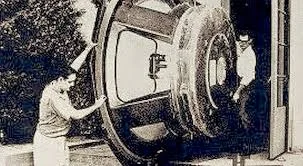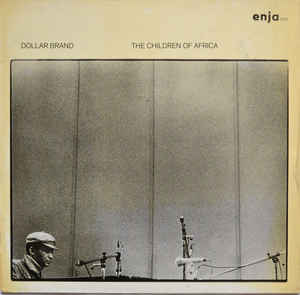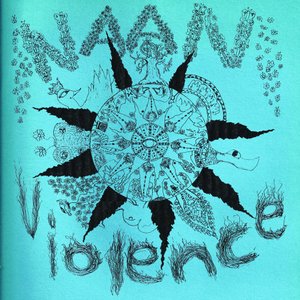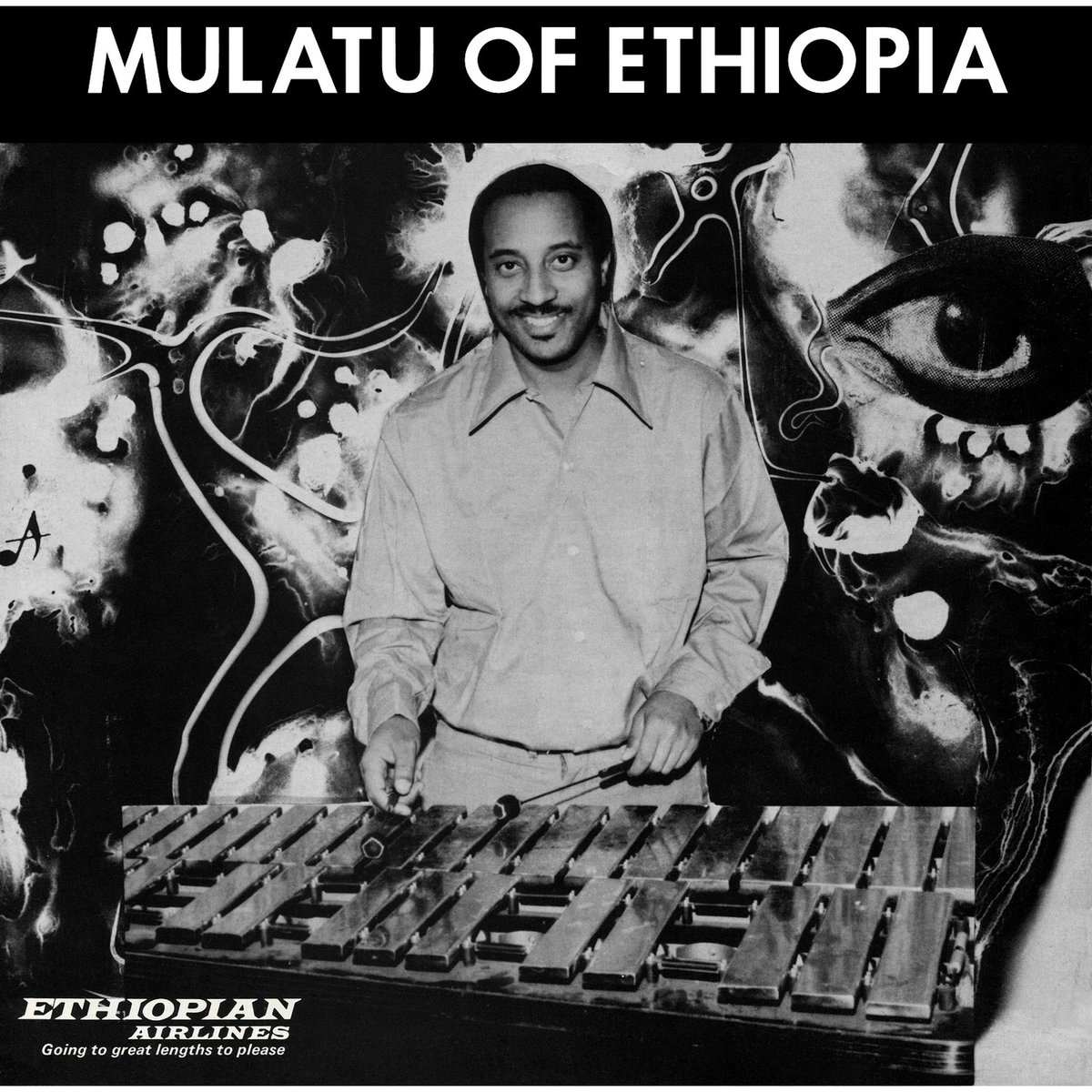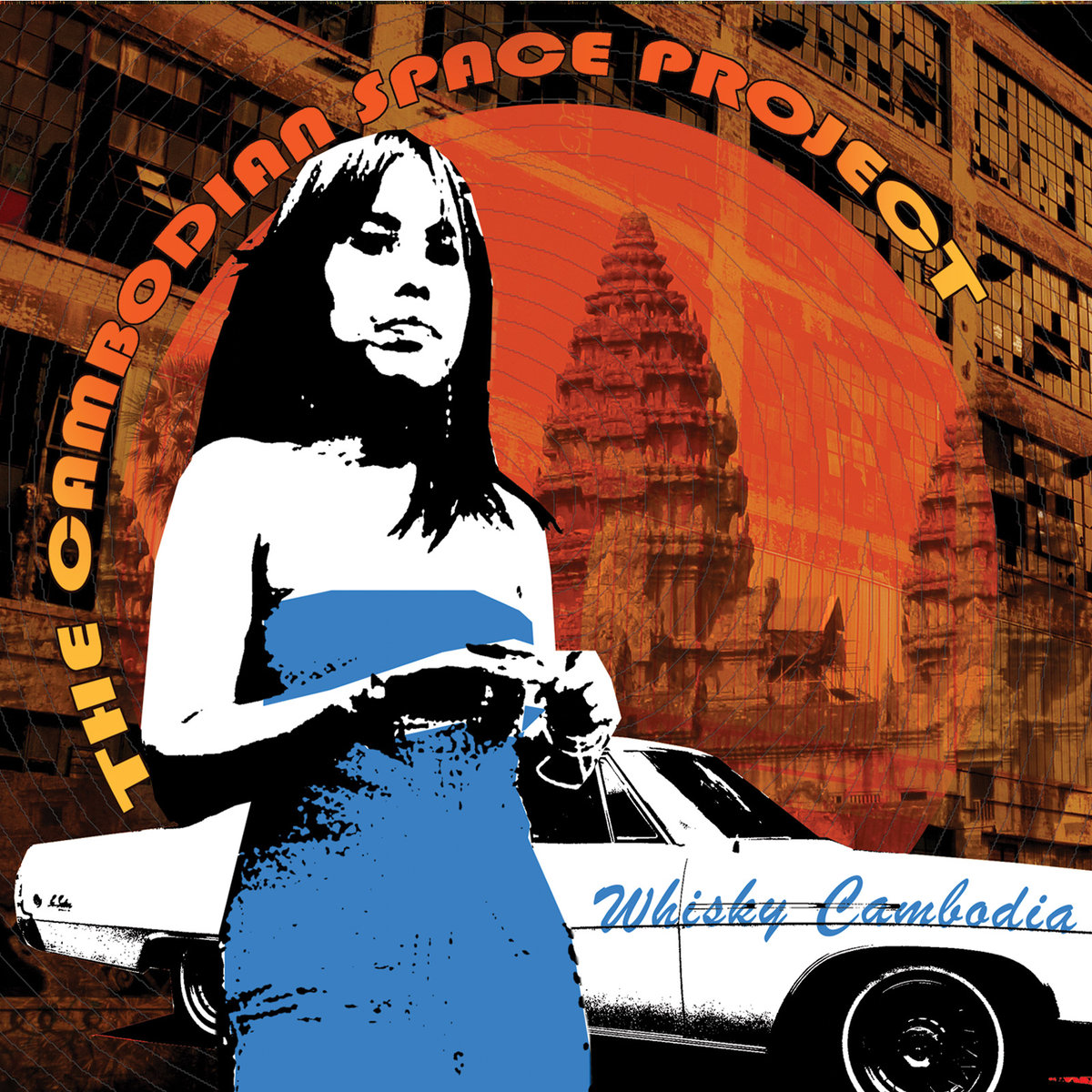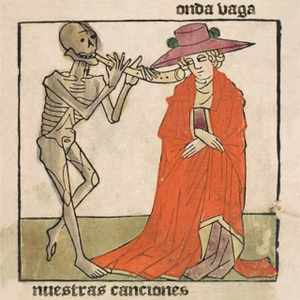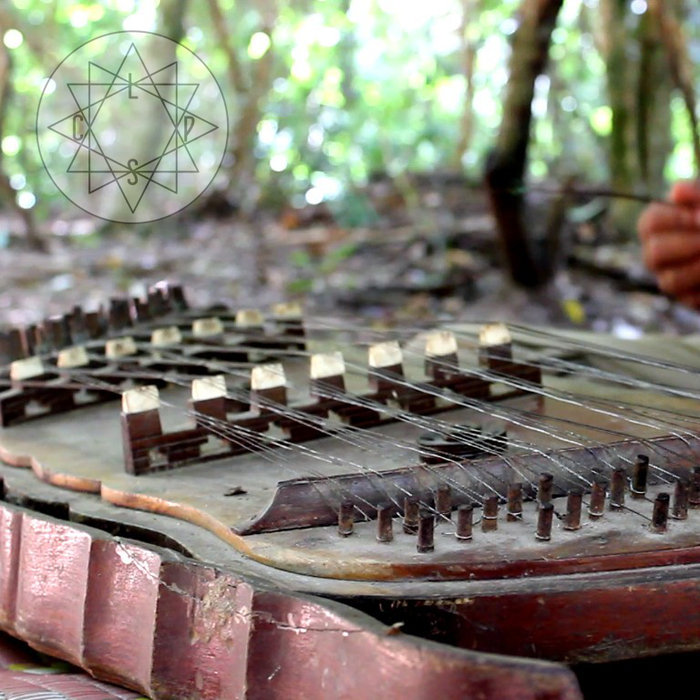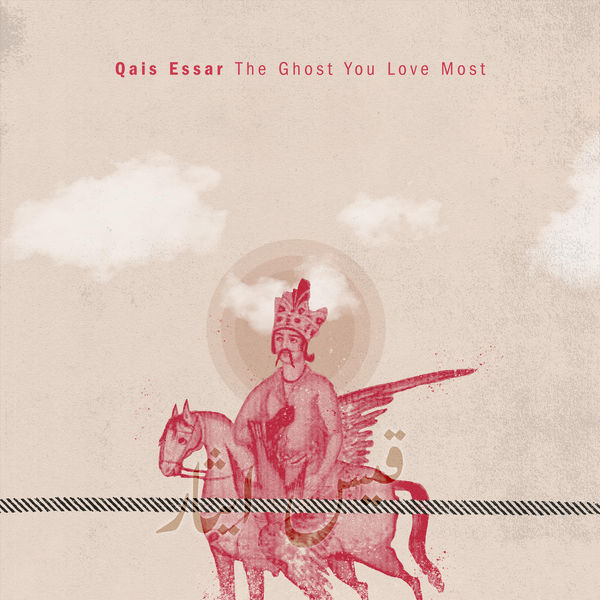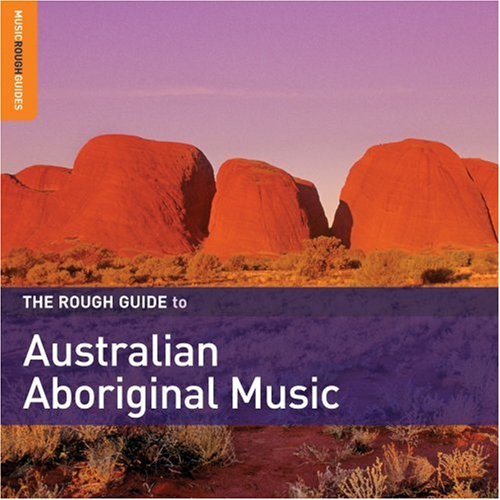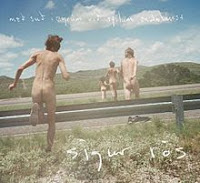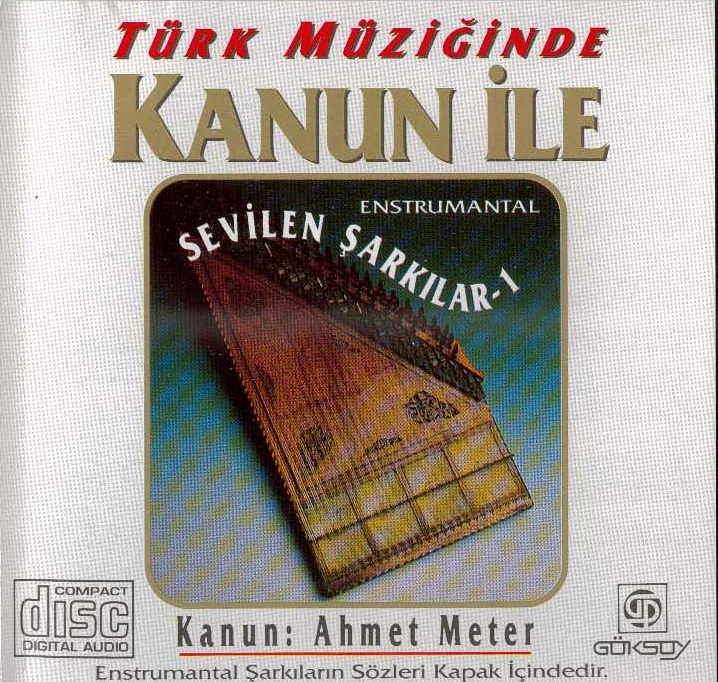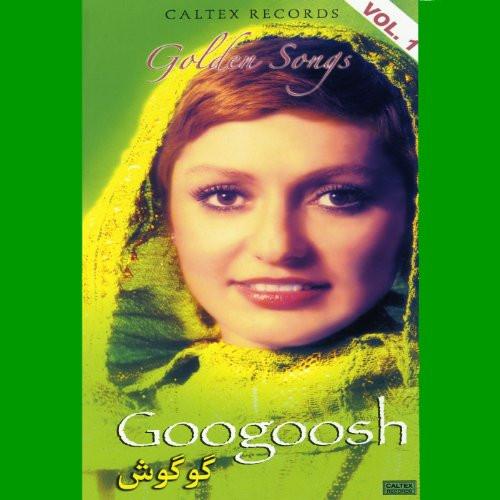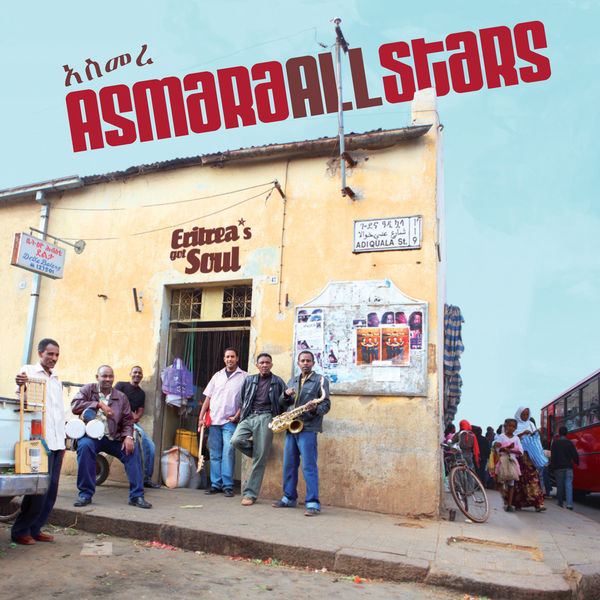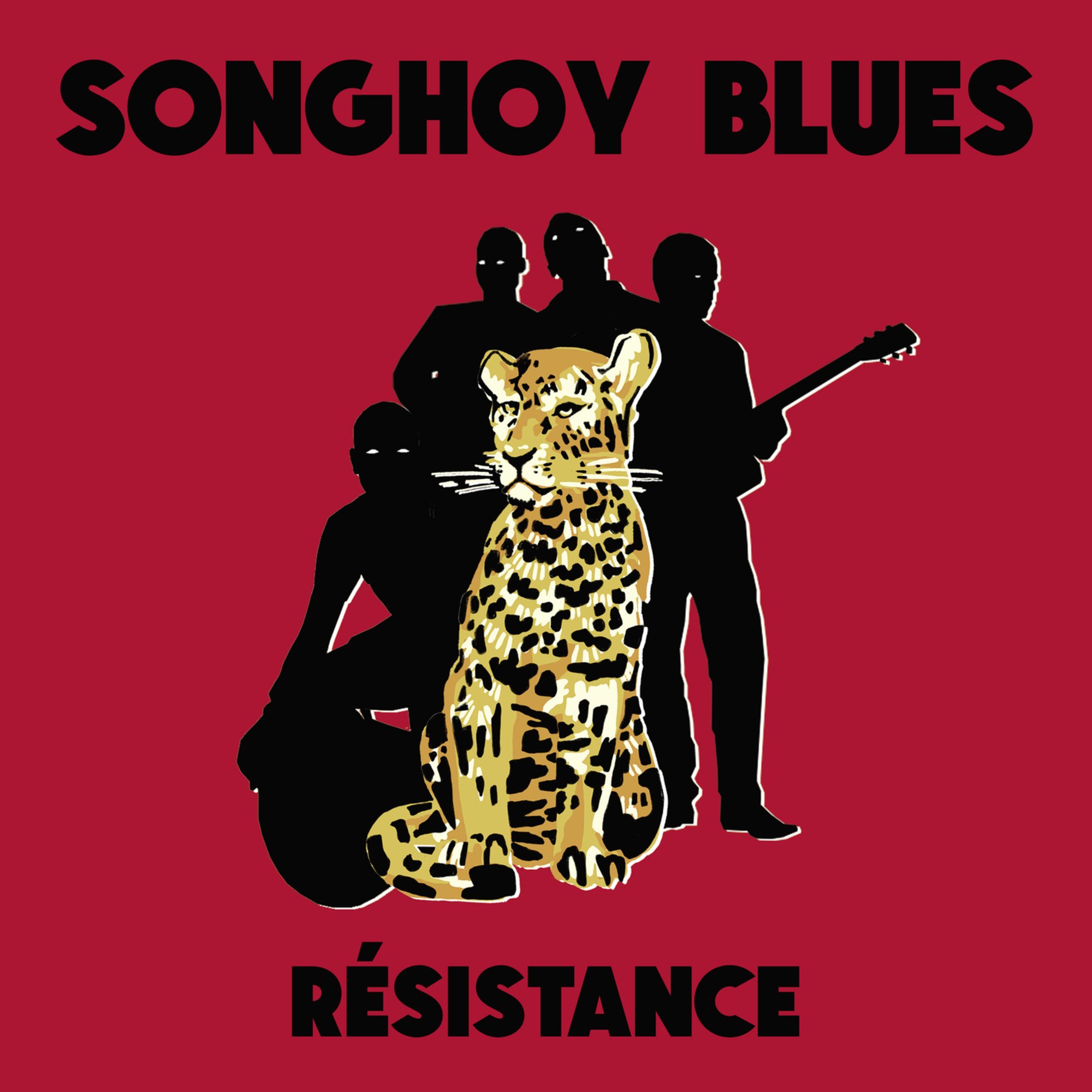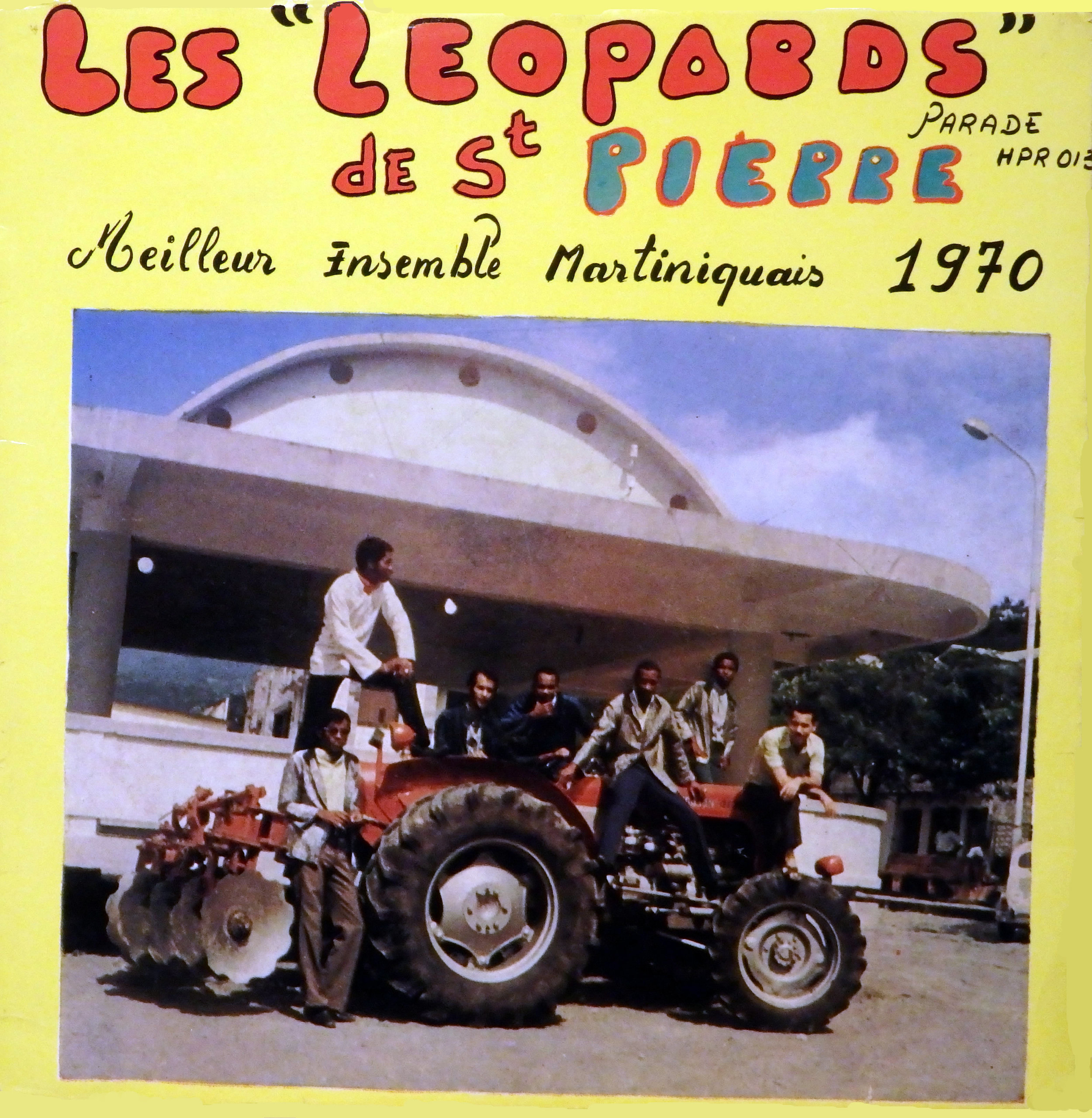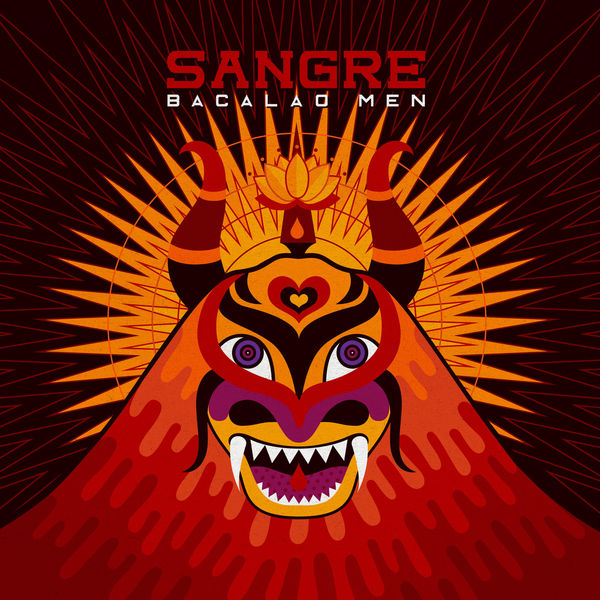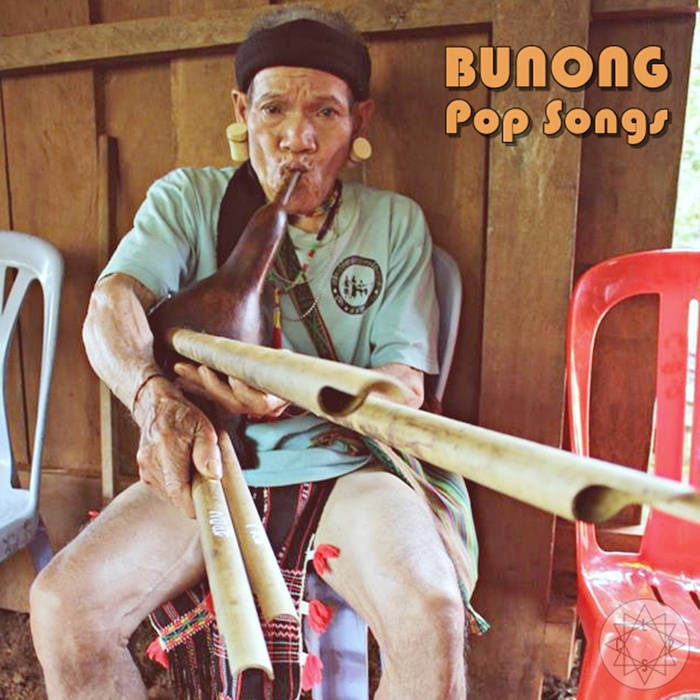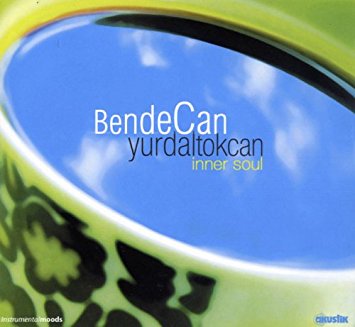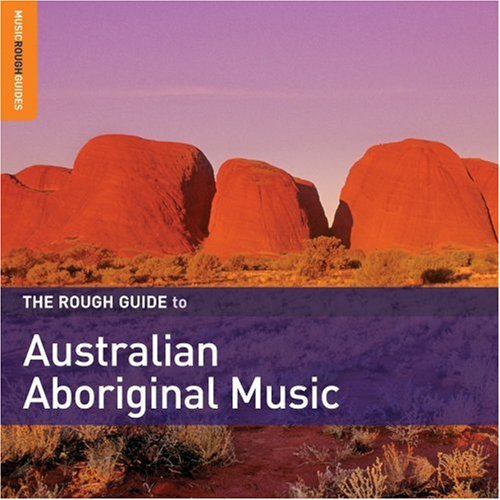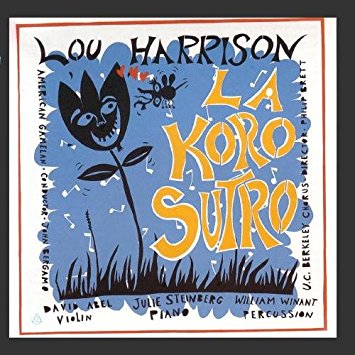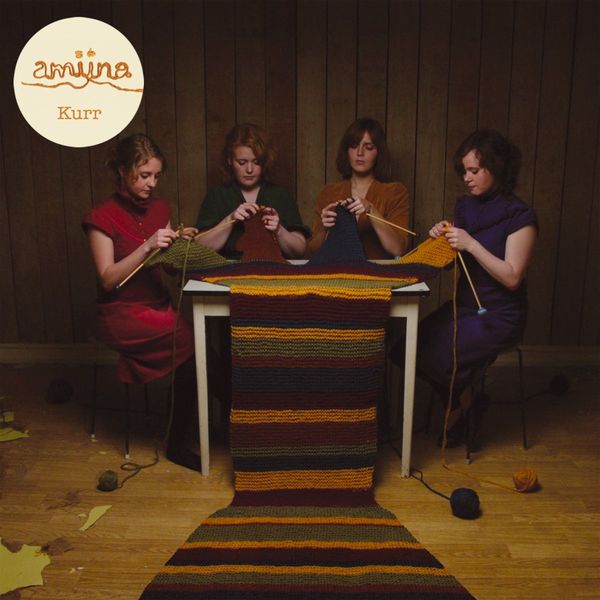Episode 14
Episode 14 originally appeared September 10, 2018.
Tracklisting:
01) "Banyana (Children of Africa)" by Abdullah Ibrahim.
From the 1976 album The Banyana: Children of Africa.
Cape Town, South Africa.
Born as Adolph Johannes Brand and formerly known as "Dollar Brand," Abdullah Ibrahim is a South African pianist and composer. Ibrahim specializes in piano jazz and incorporates African rhythms, gospel, raga and more into his eclectic blend. Ibrahim has also particularly known for "Mannenberg," which has become an unofficial anthem within the anti-apartheid movement.
02) "Breakfast with the Sirens of Infinity" by Naan Violence.
From the 2013 self-titled album.
Memphis, USA.
We first heard Naan Violence when this track was posted by our friends over at Aquarium Drunkard. The group's label, ZAP Cassettes describes them as: "a freak-in transcendental free-sitar underground super-group from Memphis, Tennessee, the home of Isaac Hayes. Lilypadinman.com says: "Fronted by sitar player Arjun Kulharya, Naan Violence creates dreamy, mirage-like sitar music that evokes the mystery of an endless expanse of desert sand. It’s traditional sitar music re-invented for a barroom audience." Aquarium Drunkard describes the music as: "Layered with analog synthesizers, acoustic guitars, flute and tabla, Naan Violence’s expansive palette of sound feels at once organic and untethered." However you'd like to describe the music, we dig it and we think you might too.
03) "Mascaram Setaba" by Mulatu Astatke.
From the 1972 album Mulatu of Ethiopia.
Jimma, Ethiopia.
From Jimma, Ethiopia, Mulatu Astatke is a pioneer of "Ethio-jazz." His Bandcamp page says: "Mulatu Astatke developed his sound through studies in the UK during the ‘50s and a series of seminal recordings for domestic label Amha before travelling to New York to record the ‘Mulatu Of Ethiopia’ album." Playing vibraphone and conga drums, Astatke has, perhaps, more than any other figure, helped to popularize Ethiopian music for the rest of the world and we are thankful for him.
04) "Chapei" by Len Buŏn.
From the 2015 single Chapey Dong Veng ||| Len Buŏn & Ham Kin Han.
Phnom Penh, Cambodia.
We've been pleased to feature tracks from the Les Cartes Postales Sonores project before. We heard BUNONG ▲ POP SONGS on Episode 04 and Khmer Traditional Music ||| Mohori Ensemble - Modern wedding songs on Episode 05. Les Cartes Postales Sonores, or The Sound Postcards is a valuable resource for discovering music from around the world. From the Bandcamp page: "The Sound Postcards is a field recording project by Julien Hairon capturing the soundscapes, music and traditions of local and indigenous populations around the world." The recordings are made available for free, not only on Bandcamp but at the Free Music Archive.
The Bandcamp page for this release says: "The Chapey Dong Veng is a two-stringed, long neck guitar originaly from Cambodia. Chapei has became popular since the last decade with the living master Kong Nay also known as the "Ray Charles of Cambodia". Met at the Performing arts department of Phnom penh with his elder chapei master Len Buŏn during a musical competition of the oldest art forms, Ham Kin Han plays a song named Kun Apuk Madai and Len Buŏn plays a song called Chapei."
05) "Dance Twist" by The Cambodian Space Project.
From the 2014 album Whisky Cambodia.
Prey Veng Province, Cambodia.
Nick Cave says: "They're a great band, the singer is amazing, really beautiful, the guitars really jump out at you, very affecting, great stuff." If you need more than a glowing recommendation from none other than Nick Cave himself, the band's website says: "The Cambodian Space Project (CSP) is recognised as one of the few truly Aussie Asian hybrids in contemporary music." The site goes on to say: "Since 2009, it has been at the forefront of an astonishing cultural revival in Cambodia, since singer Channthy Kak & musician Julien Poulson teamed up in Phnom Penh, to sing back to life the lost divas & rock legends of Cambodia’s golden age of music, all but wiped out by the genocidal Khmer Rouge regime."
The band was even the subject of feature length film Not Easy Rock’n’Roll, which premiered at Sydney Film Festival 2015. However, the band's rise was cut short by the tragic death of singer Channthy Kak in March, 2018, when "the auto rickshaw she was traveling in was hit by a car. The driver who caused the collision was charged with negligent driving causing unintentional injury and death."
06) "O Navio E Você" by Quarteto Sambacana.
From the 1965 album Muito Pra Frente.
Brazil.
This Brazilian Latin Jazz classic was reissued in 2002. Other than that, we don't see a lot of information about this group anywhere online which means we're probably just looking in the wrong places. Anyone have any further info on this group or recording?
Purchase the album on Amazon.
07) "Minha Menina" by Onda Vaga.
From the 2018 album Nuestras Canciones.
Cabo Polonio, Uraguay.
Argentine group (formed in Uruguay) Onda Vega plays a mix of styles including Rumba, Cumbia, Reggae and folk. The group's Facebook page says: "A vague wave travels South America. A movement without form, a proper one of cheerful tango." We're not sure what that means, but we like the music. Consequence of Sound describes the band's 2014 Lollapalooza Argentina set as evoking: "the memory of first discovering the bohemian rock of Manu Chao, with both groups sharing a complex sound culled through an array of horns, drums, and guitars."
Browse the map (you can switch between episodes using the little window toggle in the upper left corner. This week’s artists are purple pointy map-points.

